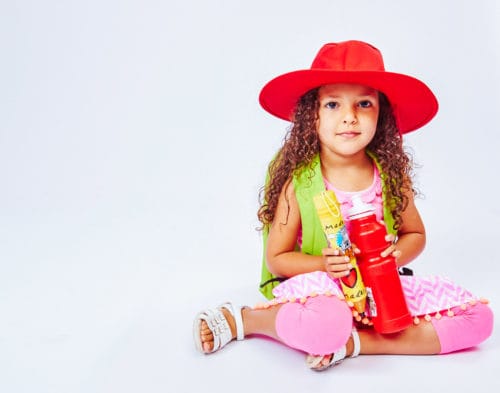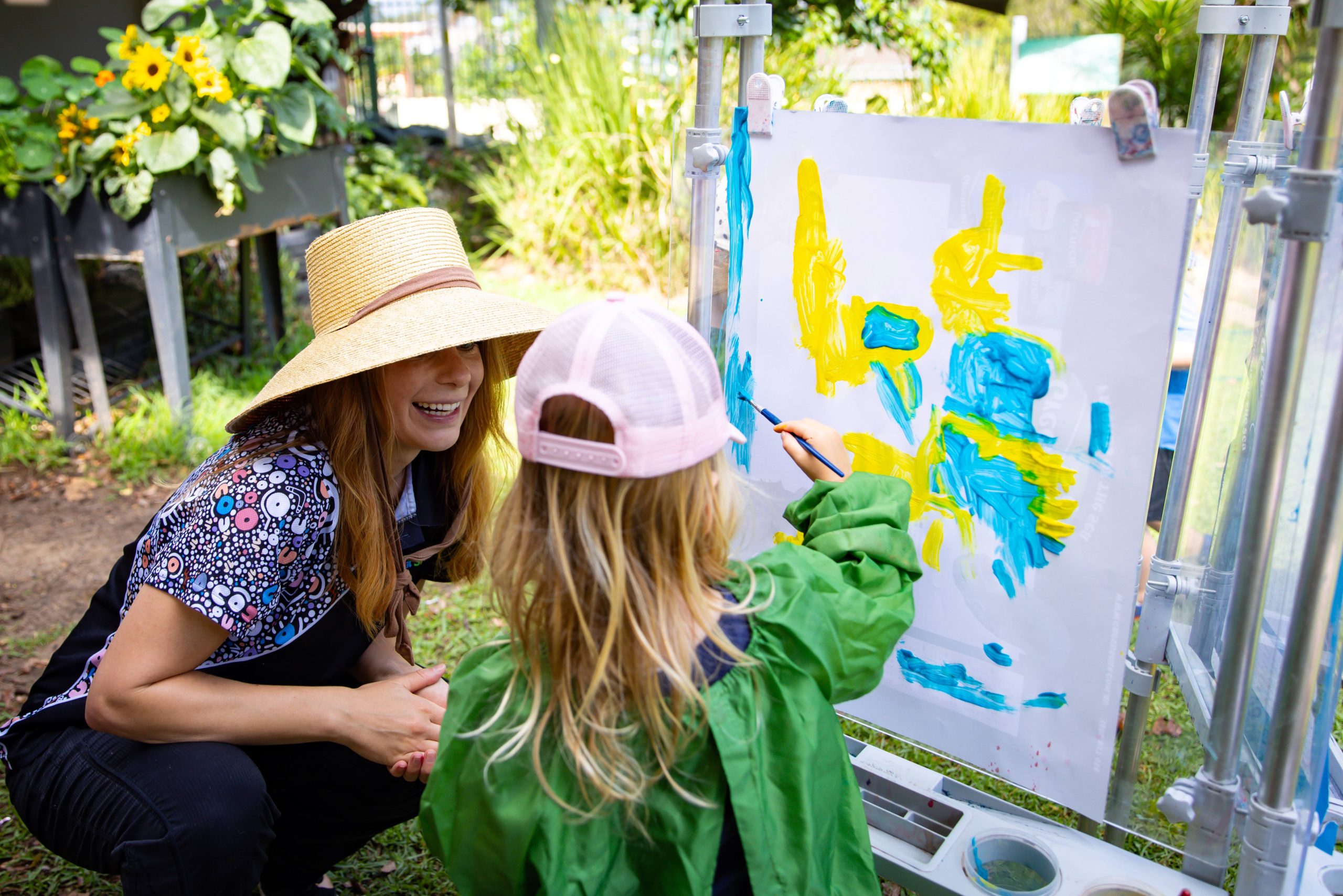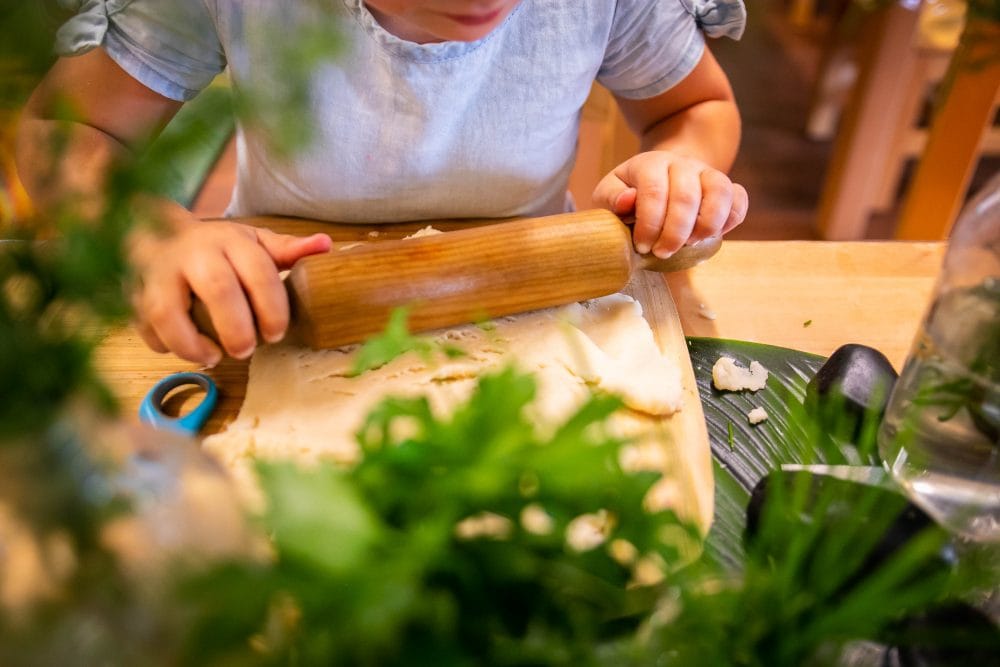
Michele Peden, our Pedagogical Thinker in Residence, has condensed 20 years of early childhood education academia, knowledge and experience into five strategies for parents, to help children transition smoothly from preschool to kindergarten.
1. Promote open conservations with your child about starting primary school
Having open conversations with children about starting primary school allows children to ask a variety of questions and gain a better understanding about what school will be like. It is important to actively listen and talk about any fears or concerns they may have towards starting school so you can explore ways to help reduce their anxiety.
A good way to initiate discussion is by reading children’s books together that focus on starting school. It can help children to conceptualise what they can expect on their first day and prompt conversation.
2. Encourage the development of social and emotional skills
The development of positive social and emotional skills is paramount to educational success, and a smooth transition into primary school. Children need the confidence in:
- Expressing their feelings and needs to others
- Asking questions
- Playing cooperatively with others
- Approaching other children and making friends
- Following directions and understanding rules
- Managing emotions.
Parents can support children by playing simple games such as board games which can help them learn to play cooperatively by taking turns, following rules and develop self-regulatory behaviours if they don’t win, as well as requesting them to complete simple tasks.
I’d also recommend that you to expose your child to many social opportunities with other kids to encourage cooperative play.
3. Help your child develop self-help skills
Self-help skills underpin many school related tasks; therefore, it is imperative children are given opportunities to develop their ability to negotiate and handle everyday tasks such as dressing, feeding, toileting, brushing teeth, brushing hair, hand washing.
Parents can support children in these tasks by providing visual schedules of the steps involved, encouraging them to follow the same routine or strategy each time they perform it. Use consistent instructions and language and most importantly allow sufficient time for a child to practice an individual task.
It is vital that children have opportunities to practice tasks such as tying their shoe laces, handling buttons or zippers, unwrapping their lunch or dress in their uniform without time constraints so parents do not do it themselves to get the task done quickly.
Giving children opportunities to practice these skills before starting school will not only increase their competence, but it will give them confidence in independently perform these tasks in a new environment.
4. Implement predicable routines
The importance of a predictable home routine cannot be underestimated. Parents can assist children in preparing for school by implementing a predictable night routine before the term starts.
Children feel a greater sense of responsibility, confidence and independence if they are encouraged to follow a routine. This will help children become more relaxed and cooperative at the end of the day when children are tired. For example, avoid any screen time half an hour before bed, as this only stimulates the brain and can unsettle children’s sleeping patterns.
Begin the night routine by encouraging children to have a bath or shower, followed by brushing their teeth (supervised by an adult) and getting into bed at the same time each night. End the night routine with a bed time story and finally some relaxing music to help calm and relax them as they fall to sleep.
Similarly, parents can also encourage children to have a morning routine. For example, get out of bed, have breakfast, brush teeth, assist parents pack their school bag and assist parents in preparing a healthy lunch. This will assist children stay focused and get ready to depart for school.
Some children even benefit from following a routine chart, as this encourages children to take ownership of their day and encourage self-help skills and increase levels of independence.
5. Practical preparation
Now to the practical points… Parents should encourage children to wear school uniform at home before school, so it feels familiar when they have to start primary school.
It is also important that all school items are labelled e.g. lunch box, bags, clothes with a familiar symbol and the child’s name so they can easily recognise their own belongings.
Prior to the first day, jointly shop for school equipment (lunch box, stationary etc.) as this can assist the child in starting school with a positive mindset.
Overall, this is a wonderful milestone in your child’s life, goodluck and well done!





